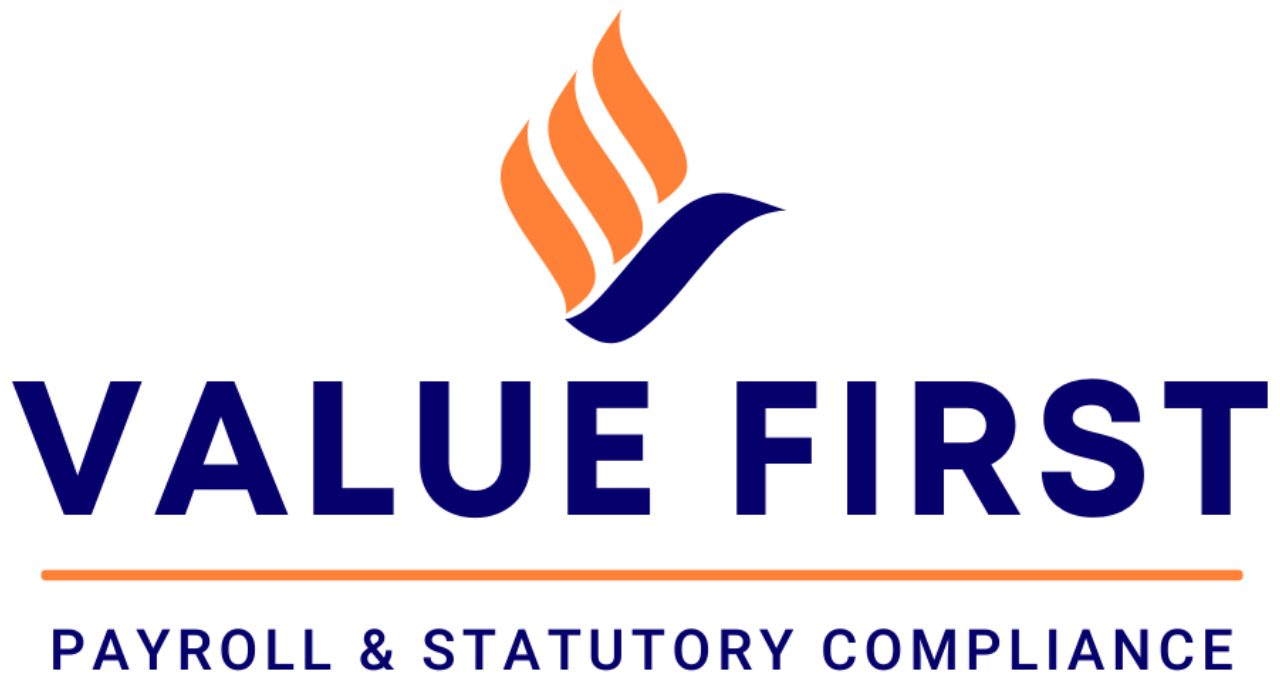Navigating the complex landscape of statutory compliance is an essential aspect of running a successful business. From labor laws to taxation regulations, overlooking statutory compliance can lead to severe consequences for businesses. In this blog post, we will...
Resources
Demystifying EPFO: A Comprehensive Guide to Understanding the Employees’ Provident Fund Organization
The Employees Provident Fund Organization (EPFO) plays a crucial role in securing the financial future of employees in India. Understanding its intricacies is essential for both employers and employees. In this comprehensive guide, we will delve into the key aspects...
Updated Checklist for Statutory Compliance 2021
The Employees Provident Funds and Miscellaneous Provision Act - 1952 (EPF)Shops and Commercial Establishments Act (S&E)The Employees State Insurance Corporation Act - 1948 (ESIC)The Labour Welfare Fund Act (LWF) 1965The Professional Tax Act (PT) 1975The Minimum...
Payroll Challenges Faced by Small and Medium Organizations!
The Covid-19 pandemic has highlighted the inefficiencies and challenges that many organizations were not prepared to address. In these hard times, businesses must evolve rapidly and put the practices and systems properly in place to cope with the changes in the...
Importance of statutory compliance of businesses in India!
What is statutory compliance? An organization’s time, effort and money are utilized to ensure that payroll is compliant through a statutory audit. From employee’s fair treatment of labor to protecting the company from unreasonable wage or benefit demands from trade...



